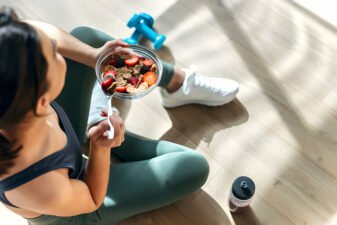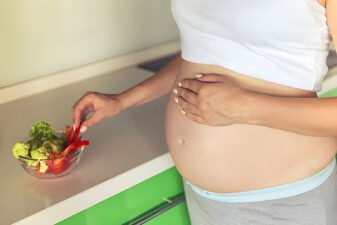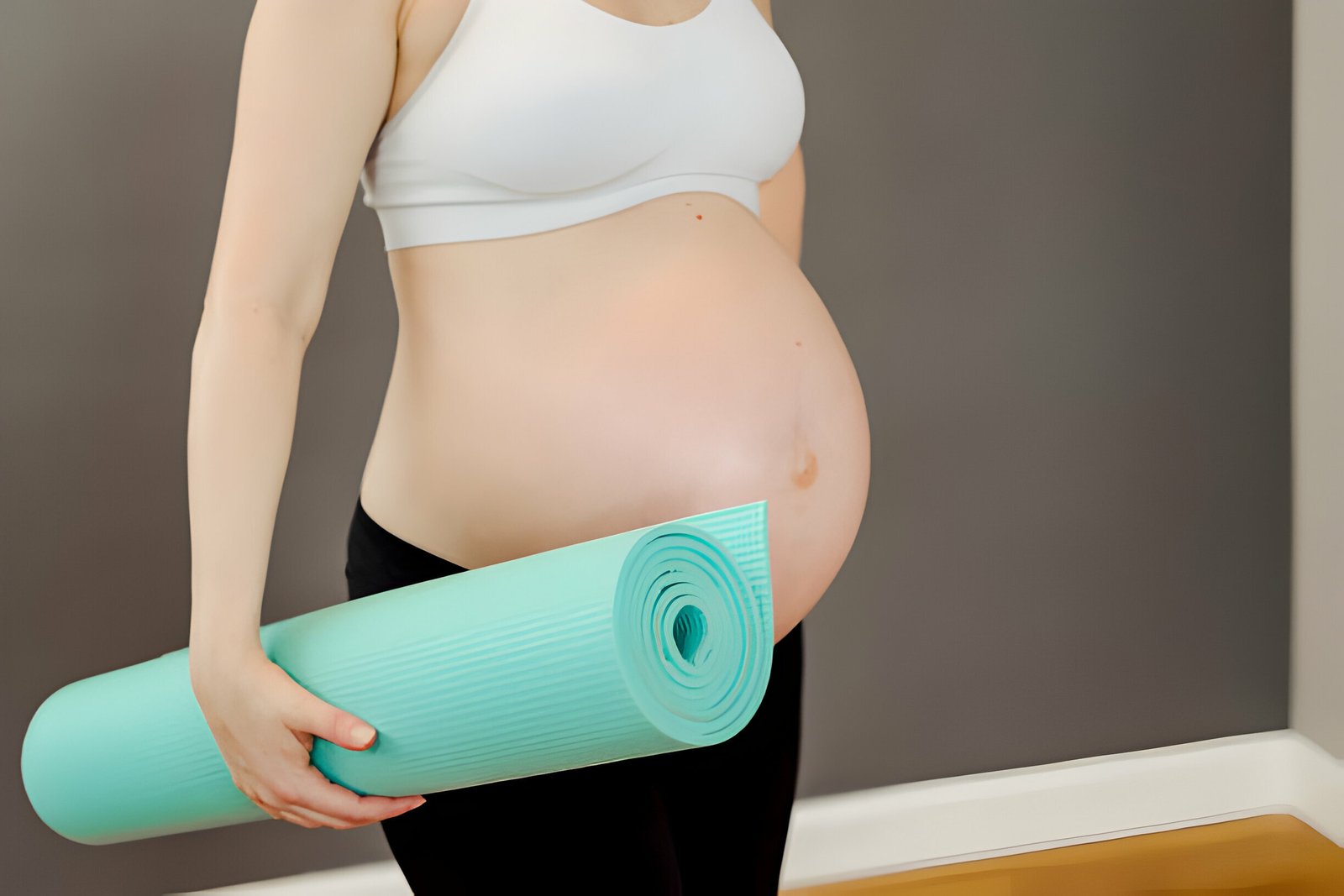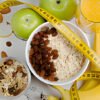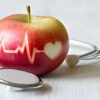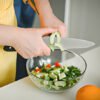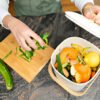Expectant mothers need more iron. The regular recommended daily allowance for iron (for women aged 18-50 years) is 18mg. Pregnant women should increase this to about 27mg per day.
Benefits and Sources
Adequate iron is essential for the formation of healthy red blood cells, and for both fetal demands and the large increase in maternal blood volume. Pregnant women should eat a range of iron-rich foods in order to prevent an iron deficiency. Good food sources of iron include meats, leafy greens such as spinach and broccoli, strawberries, some whole grains, prune juice, dried fruit, legumes, and blackstrap molasses.
Iron Supplements Recommended
The U.S. Department of Agriculture advises that additional iron requirements in pregnancy cannot be met through food alone and that iron supplements are needed.containing iron.
Eat More Fiber to Reduce Constipation
Because higher iron intakes can cause constipation during pregnancy, it’s beneficial to eat more fiber. Aim to eat about 20-30 grams of fiber each day. Your best sources are fresh fruits (apples, citrus fruit) and vegetables, beans, and whole-grain foods.
Iron in Diet For Vegetarian Mothers-to-be
Dietary iron comes in 2 forms – heme iron and non-heme iron. Heme iron is found only in animal tissues, whilst plant foods contain only non-heme iron. Non-heme iron is less easily absorbed by the body than heme iron. As a rough guide, the amount of iron absorbed is about 10-20 percent from animal foods and 1-10 percent from plant foods.
Good sources of iron for vegetarians include wholegrain cereals/flours, leafy green vegetables (eg. collards, kale, broccoli and other dark greens), eggs, blackstrap molasses, legumes (eg. lentils, red beans), apricots and figs.
Vitamin C Boosts Iron Uptake
All iron absorption, but especially that of non-heme iron is boosted (by up to 600 percent) when the iron-rich meal includes a source of vitamin C, like orange juice, cauliflower, dark leafy vegetables, tomatoes or citrus fruit.
Malic Acid Can Increase Iron Uptake
You can also boost iron absorption by combining iron-rich food with foods containing malic acid (e.g. pumpkins, plums and apples).
Phytates and Oxalates Reduce Iron Uptake
Plant foods that contain phytates and oxalates (eg. spinach, rhubarb, chard, and beet greens) can reduce iron absorption. A similar problem can be triggered by eating too much wheat bran, or drinking too much tea.

